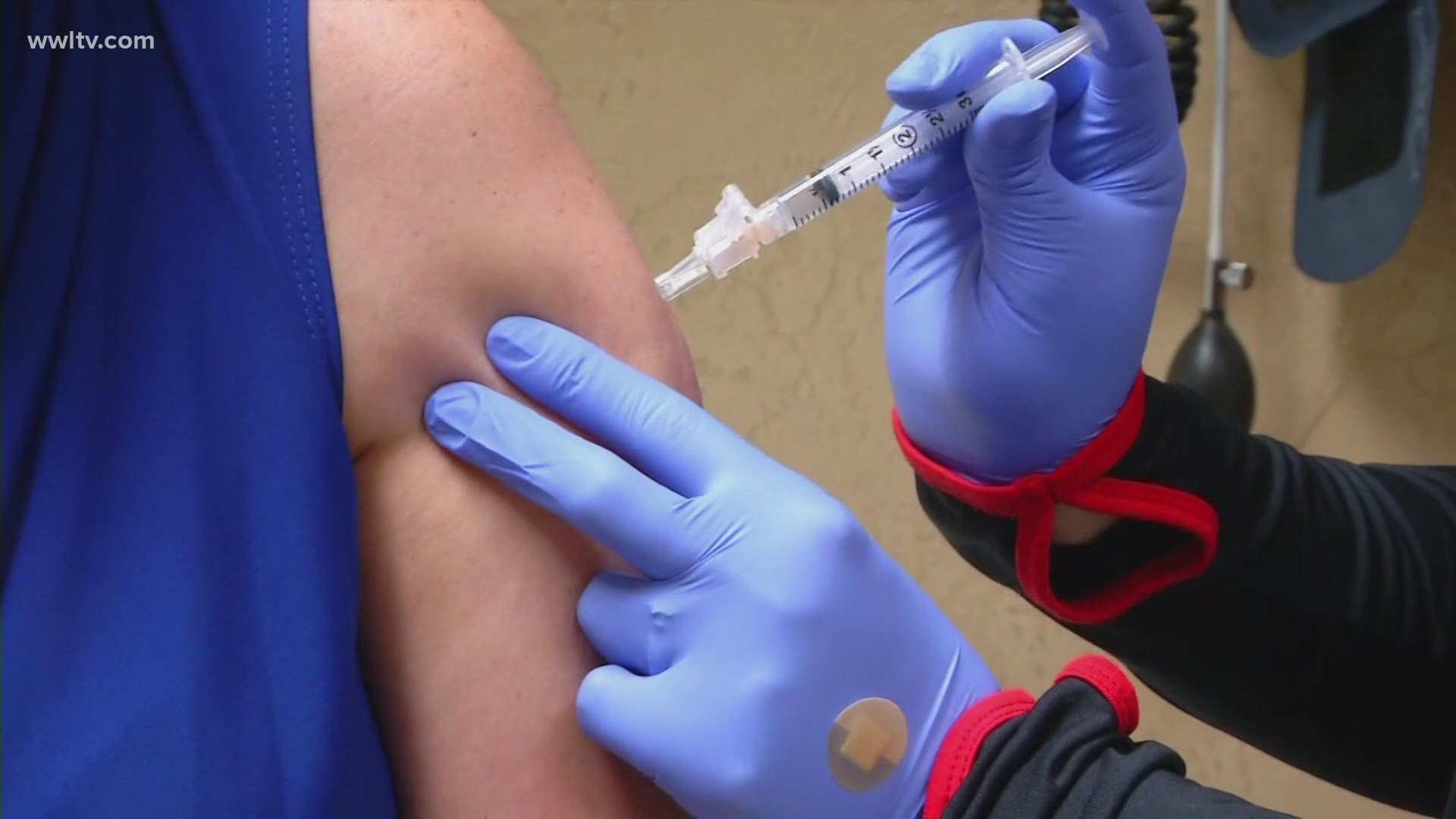Since March, doctors have learned a tremendous amount about preventing and treating COVID-19.
And now a local doctor is looking into how a childhood vaccine, that has been around for decades, may help prevent severe cases.
The MMR vaccine is a part of childhood, giving life-saving protection from measles, mumps and rubella, the German measles. But It not only stimulates your immune system to make fighter cells against those viruses, there are some other beneficial cells made too, that may play a role against COVID-19.
“We also think this is why children are not prone to the severe effects of COVID because they've had so many live, attenuated vaccines throughout their childhood,” explained Dr. Paul Fidel, Associate Dean for Research at the LSU School of Dentistry.
Those other cells seem to inhibit severe overreactions of the immune system that lead to organ failure, making the coronavirus deadly for some.
“There's a lot of circumstantial and anecdotal evidence that suggests that people that do, or have gotten the MMR and have gotten COVID, have had very mild symptoms,” said Dr. Fidel.
So they're giving adults an MMR vaccine. That's because those beneficial cells may no longer be plentiful in adults who had one long ago. Dr. Fidel is enrolling frontline medical and EMS workers in a study, to see if an MMR vaccine will protect against severe COVID-19 if they get the coronavirus.
“The way patients died was horrible. They died alone. They died without family at the bedside.
I remember facetiming the end-of-life experience so families could share in them,” said Dr. Ben deBoisblanc, Professor of Physiology in Pulmonary Critical Care Medicine at LSUHSC.
Dr. deBoisbanc has been on the front lines since day one. He is one of the first people to sign up for the study.
“Undoubtedly, anything that any of us can do to help us all return back to life as normal, is meaningful,” he said acting in the role of a study participant.
It I meaningful while moving knowledge forward as well.
The study is seeking health care workers and EMS first responders at high risk for COVID-19 infection to participate in this randomized control clinical trial. Participants must be 18-70 years of age; have no previous positive test for COVID-19 infection or documented COVID-19 antibodies; no previous MMR vaccination within the past year, and no history of weakened immune system disorders or immunosuppressive treatments/therapy.
For more information about the study, contact Mary at the LSU Health New Orleans Clinical & Translational Research Center at 504-568-2266 or 504-568-2284.

